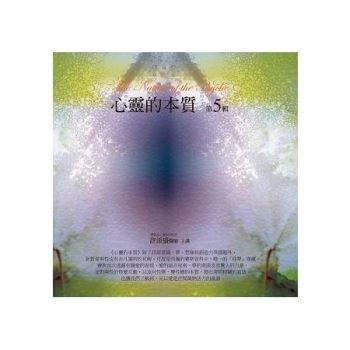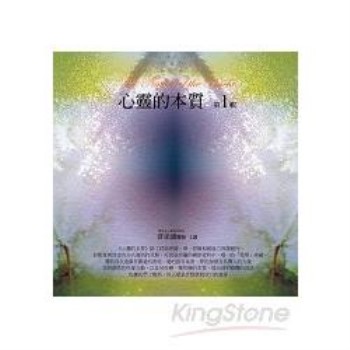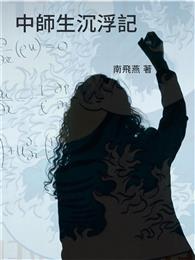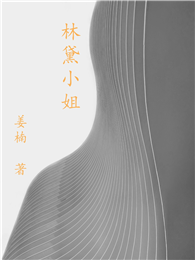This volume comprises papers presented at a conference marking the 50th anniversary of Joachim Wach’s death, and the centennial of Mircea Eliade’s birth. Its purpose is to reconsider both the problematic, separate legacies of these two major twentieth-century historians of religions, and the bearing of these two legacies upon each other. Shortly after Wach’s death in 1955, Eliade succeeded him as the premiere historian of religions at the University of Chicago. As a result, the two have been associated with each other in many people’s minds as the successive leaders of the so-called "Chicago School" in the history of religions. In fact, as this volume makes clear, there never was a monolithic Chicago School. Although Wach reportedly referred to Eliade as the most astute historian of religions of the day; the two never met, and their approaches to the study of religions differed significantly. Several dominant issues run through the essays collected here: the relationship between the two men’s writings and their lives, and in Eliade’s case, the relationship between his political commitments and his writings in fiction, history of religions, and autobiography. Both men’s contributions to the field continue to provoke controversy and debate, and this volume sheds new light on these controversies and what they reveal about these two scholars’ legacies.
| FindBook |
有 1 項符合
Hermeneutics, Politics, and the History of Religions: The Contested Legacies of Joachim Wach and Mircea Eliade的圖書 |
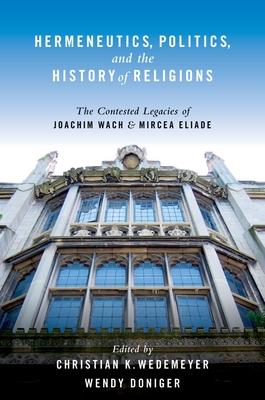 |
Hermeneutics, Politics, and the History of Religions: The Contested Legacies of Joachim Wach and Mircea Eliade 作者:Wedemeyer 出版社:Oxford University Press, USA 出版日期:2010-03-08 語言:英文 規格:平裝 / 328頁 / 23.1 x 15.5 x 2 cm / 普通級 |
| 圖書館借閱 |
| 國家圖書館 | 全國圖書書目資訊網 | 國立公共資訊圖書館 | 電子書服務平台 | MetaCat 跨館整合查詢 |
| 臺北市立圖書館 | 新北市立圖書館 | 基隆市公共圖書館 | 桃園市立圖書館 | 新竹縣公共圖書館 |
| 苗栗縣立圖書館 | 臺中市立圖書館 | 彰化縣公共圖書館 | 南投縣文化局 | 雲林縣公共圖書館 |
| 嘉義縣圖書館 | 臺南市立圖書館 | 高雄市立圖書館 | 屏東縣公共圖書館 | 宜蘭縣公共圖書館 |
| 花蓮縣文化局 | 臺東縣文化處 |
|
|
圖書介紹 - 資料來源:博客來 評分:
圖書名稱:Hermeneutics, Politics, and the History of Religions: The Contested Legacies of Joachim Wach and Mircea Eliade
|
